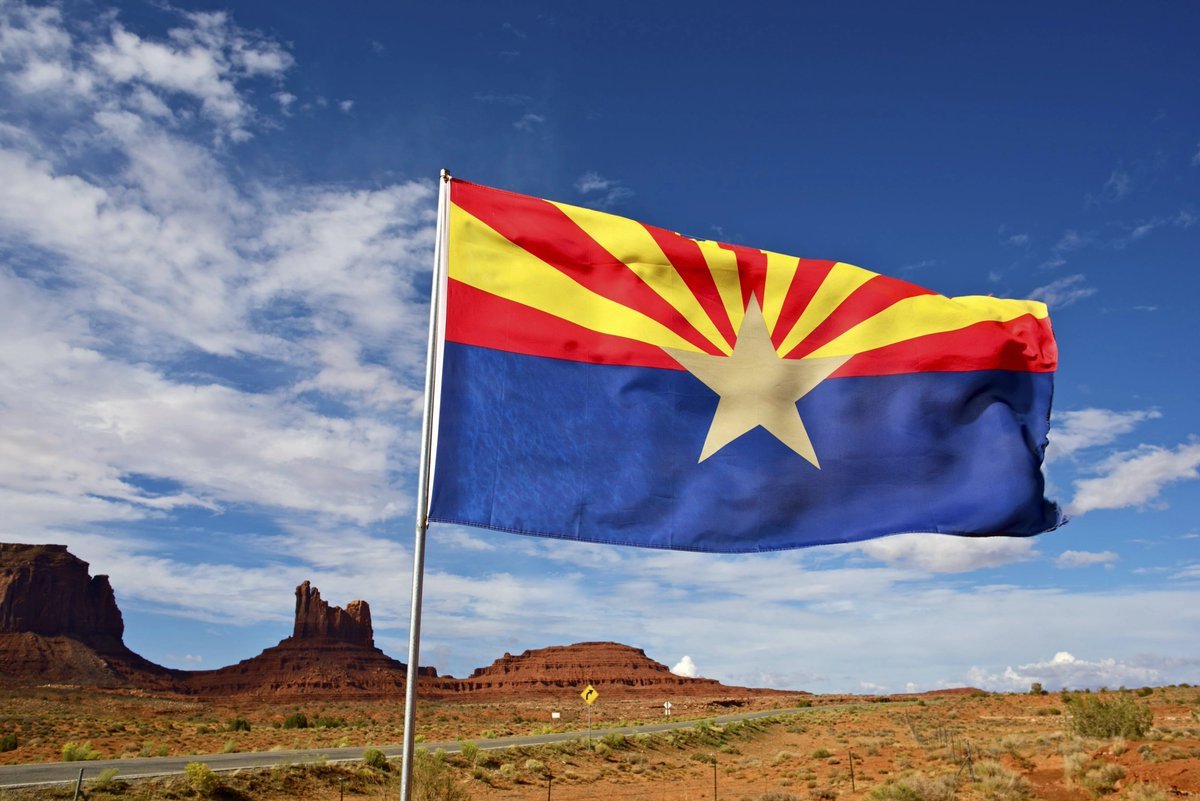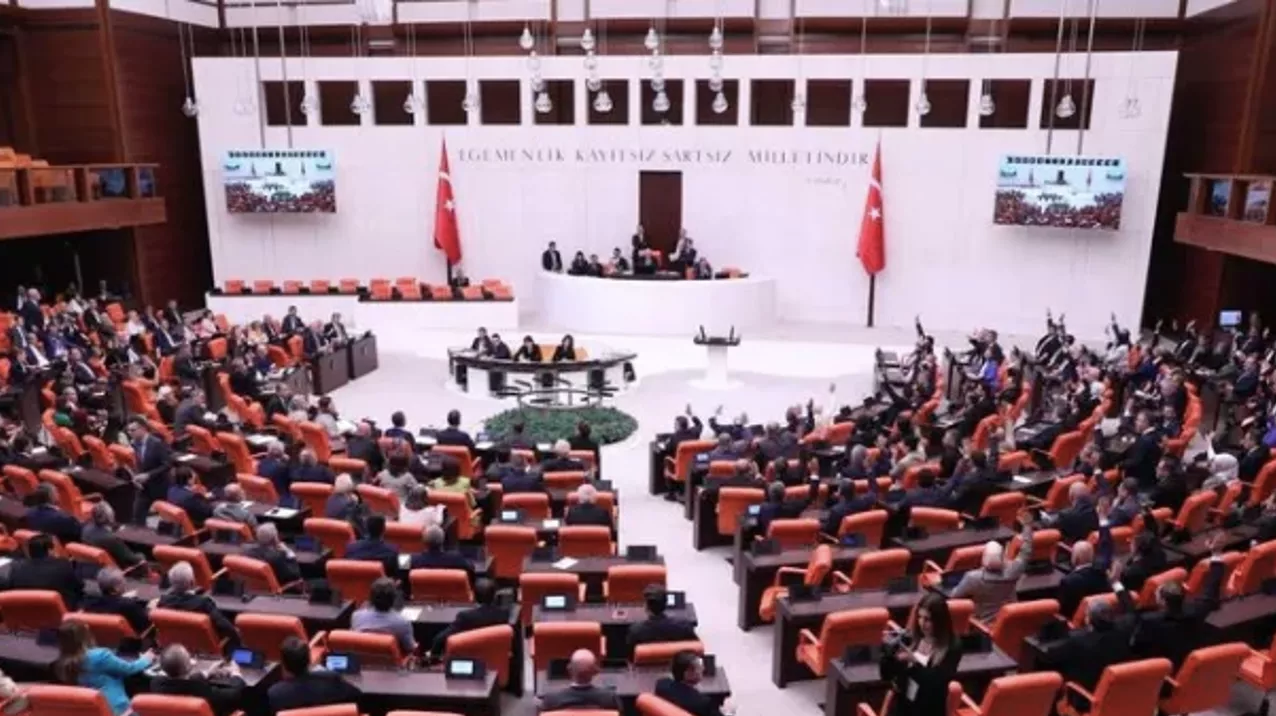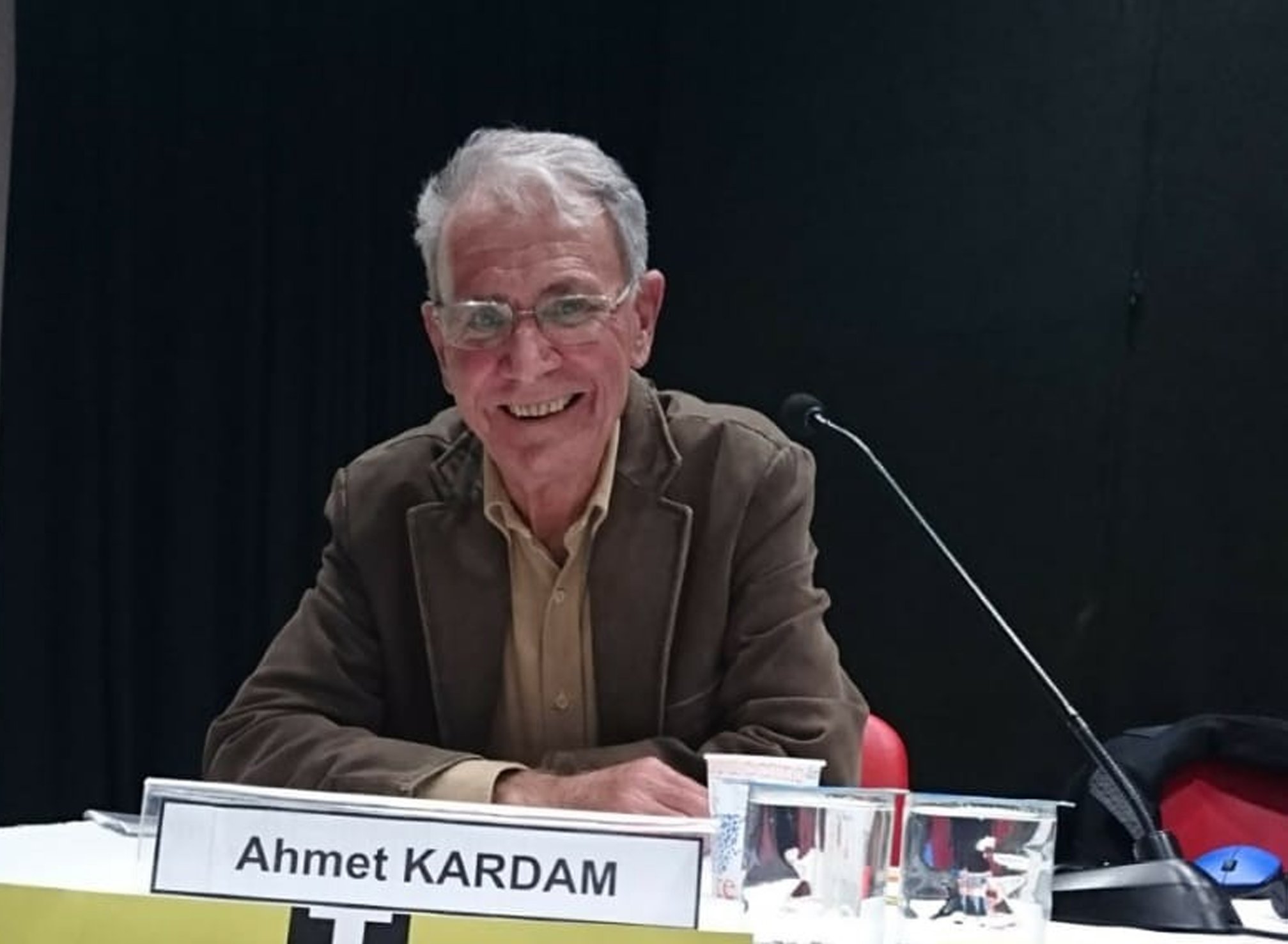Breaking: Arizona becomes the first state to adopt the Assyrian Genocide Curriculum to be taught throughout its high schools! Stay tuned for more information. Additionally, our Arizona team will proudly present the details of this historic achievement at the 91st Annual Convention in Orlando. This presentation is free for convention attendees. You can register at https://www.aanf.org/convention …
Category: English
A Legislative Survey Report July 5, 2024 Author: Ramina Jajoo, MD, FACR, FACP, President Seyfo Center, AZ chapter Editors: Sophia Isaac, EdD, Vice President Seyfo Center, AZ chapter, Jennifer Shahin, and Adam Frindrich Introduction Over the past few years, Assyrians have intensified their efforts to advocate for global recognition of various genocides perpetrated against them. States within several countries, such as the US and Australia, have recognized the Genocide of 1915 and the Simele Massacre of 1933. Such efforts are …
Numan Kurtulmus, Speaker of the Turkish Parliament, sent a letter to Yael Braun-Pivet, President of the French National Assembly, condemning the decision to acknowledge the Assyrian and Chaldean Genocide by the Ottoman Empire adopted by the French National Assembly on April 29. In the letter, Kurtulmus said, “We deeply condemn the adoption of an Assyrian-Chaldean bill containing baseless allegations against Ottoman history in the French National Assembly on April 29, 2024, at a time when we are trying to develop …
AACF – Officiel: It’s done. Today, April 29, 2024, the National Assembly has just voted unanimously on a resolution recognizing the Assyro-Chalden Genocide of 1915–1918, presented by the deputy Anne Laure BLIN, chairman of the Renaissance group, and the deputy LR Sylvain Maillard. Remember, at our Annual Grand Dinner just 2 months ago, former President Nicolas Sarkozy, who had honored us with his presence, in his speech, called on the President of the Republic, Emmanuel Macron, to officially recognize the …
More than four hundred guests and nearly sixty French Parliament and Senate members attended the well-organized gala of the Association des Assyro-Chaldeans in France (AACF) held on February 27, 2024. As it is known, last year, the French Senate passed a resolution that recognized the Assyrian (also known as Syriac and Chaldean) Genocide. The purpose of the gala was to continue to raise awareness of the Assyrian Genocide and to introduce the resolution in the French Parliament. It was spectacular …
AN INTERVIEW WITH AHMET KARDAM, THE GRANDSON OF BEDIRKHAN BEY // Sabri Atman – The Assyrians’ homeland is Mesopotamia between the Tigris and Euphrates rivers. Their history in this geography goes back thousands of years. Due to the divisions in the history of the Church, they were known by many different names. Nestorians are one of them! At the Council of Ephesus in 431 A.D., due to theological disagreements, some rejected Nestor’s views on the nature of Jesus and set …






